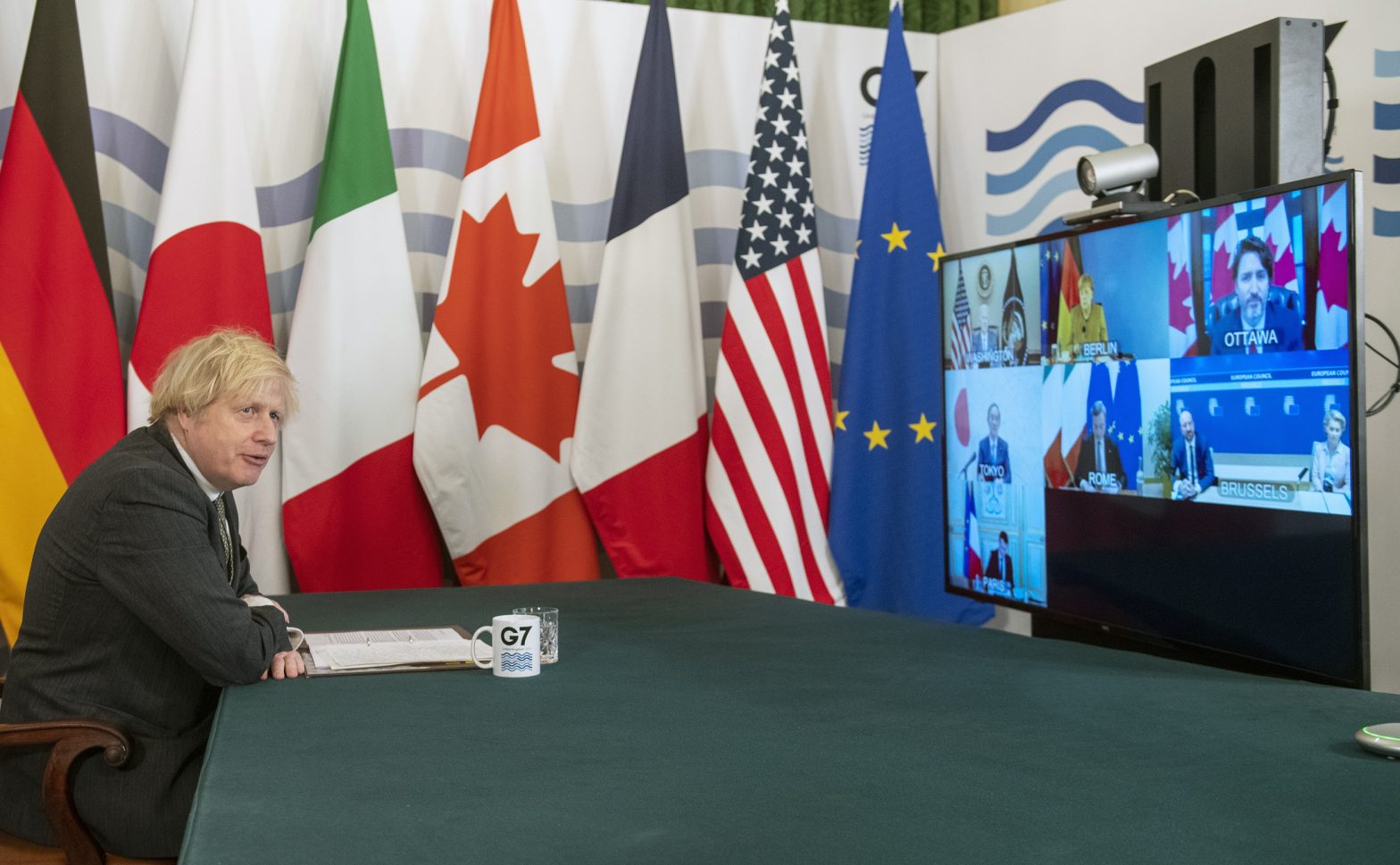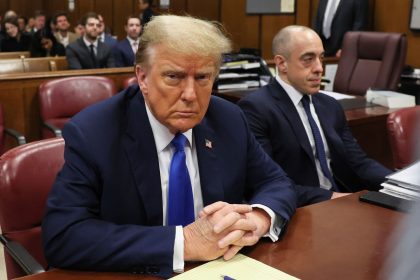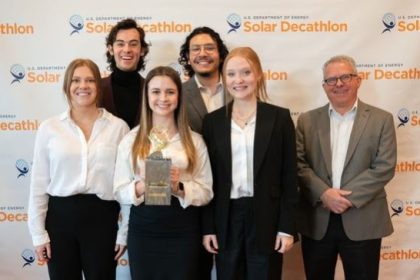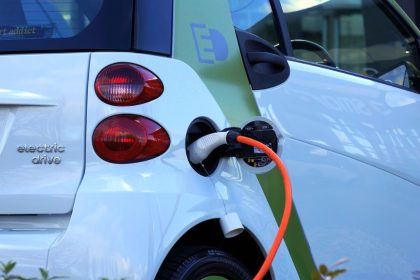Building a T-12 Alliance of Techno-Democracies

WASHINGTON — As Beijing accelerates its plan to dominate in key information technology industries, U.S. policy experts are making the case for a new global governance body to curb the influence of techno-autocracies and create a like-minded alliance of techno-democracies instead.
Much as the G-7 guides multilateral action among the world’s leading economies, this League of Digital Democracies, or T-12, is proposed to act on contemporary digital issues. It would serve both to shape the rules and norms that govern the use of technology and push back against the competing narratives of nations, like China and Russia, which use technology to improve economic well-being at the expense of increased surveillance and oppression.
Considering that the United States may be uniquely positioned to advance this global data governance framework, the Center for the Study of the Presidency and Congress invited leading experts to discuss what a T-12 might look like and how it could best function.
“We have to start making decisions about how we want our values executed in new law,” said former Ambassador Daniel Sepulveda, now senior vice president for Policy and Advocacy at MediaMath. “Policymakers have a responsibility to start laying down some ground rules for the digital age.”
Steven Feldstein, senior fellow at the Carnegie Endowment agrees that this overriding objective should inform how to structure any potential alliance, though he offered that all of the competing factors — including supply chains, economic interests, security interests, and human rights interests — make an alliance that much more complicated.
The T-12 has been loosely proposed to be made up of the U.S., U.K., France, Germany, Australia, Canada, Japan, South Korea, Finland, Sweden, and likely India and Israel. Yet even generally like minded partners like these have varied approaches to data protection, privacy, and free speech.
“We have to respect the authority of nations to make laws and regulations for themselves, but have a common set of norms by which we guide policymaking,” suggested Sepulveda.
Both he and Feldstein claimed the idea of governing internet freedom with a critical infrastructure was a concept they started working on under the Obama Administration, and given that experience, the competing concerns of security, commerce, and human rights will no doubt need to be addressed.
“You can see how the democracy impact relates to economic impact, and of course national interest…,” said Feldstein. “Before we can create [a techno-democratic alliance], we’re going to need to have a candid conversation about where these separate efforts are headed.”
It is possible that focusing on one of these paths could help countries to reach greater consensus, but he said that would be difficult given that the United States itself hasn’t been able to solidly prioritize its own technology concerns around privacy, competition, and government surveillance.
“[These are] tough questions we have so far avoided answering domestically,” Feldstein said.
Sepulveda agreed: “It’s hard for an executive agency to go abroad and advocate for something that’s not yet law in the United States.”
Yet at the same time they suggested that “waiting to fully rationalize what the United States is going to do at home and pushing the pause button abroad… is to our detriment.” [Feldstein]
Techno-autocracies are creating pockets of influence in facial recognition, AI, 5G, and commercial drones, but also driving the market by building out the network infrastructure in the developing world.
“We can’t allow the digital economy to have the same [unfair] effects that the industrial economy did,” said Sepulveda. “We have to start with agreeing, as techno-democracies, what we are united in opposition to.”
“It’s easier not to do something than to do something, but I wouldn’t want to engage in a debate about why we shouldn’t,” said Sepulveda. “My question is what happens if we don’t?”
“The [global technology] industry wants reliability and a common set of rules. To the extent that we can actually show consistency… that will help,” said Feldstein. “[But the] key issue when trying to counter China’s influence in the digital space is inclusivity.”
“Whatever you do with a techno-democracy… we can’t think of it as ‘we’re going to come together and solve these problems,’… [but rather that] we want to solve the problems together.”























